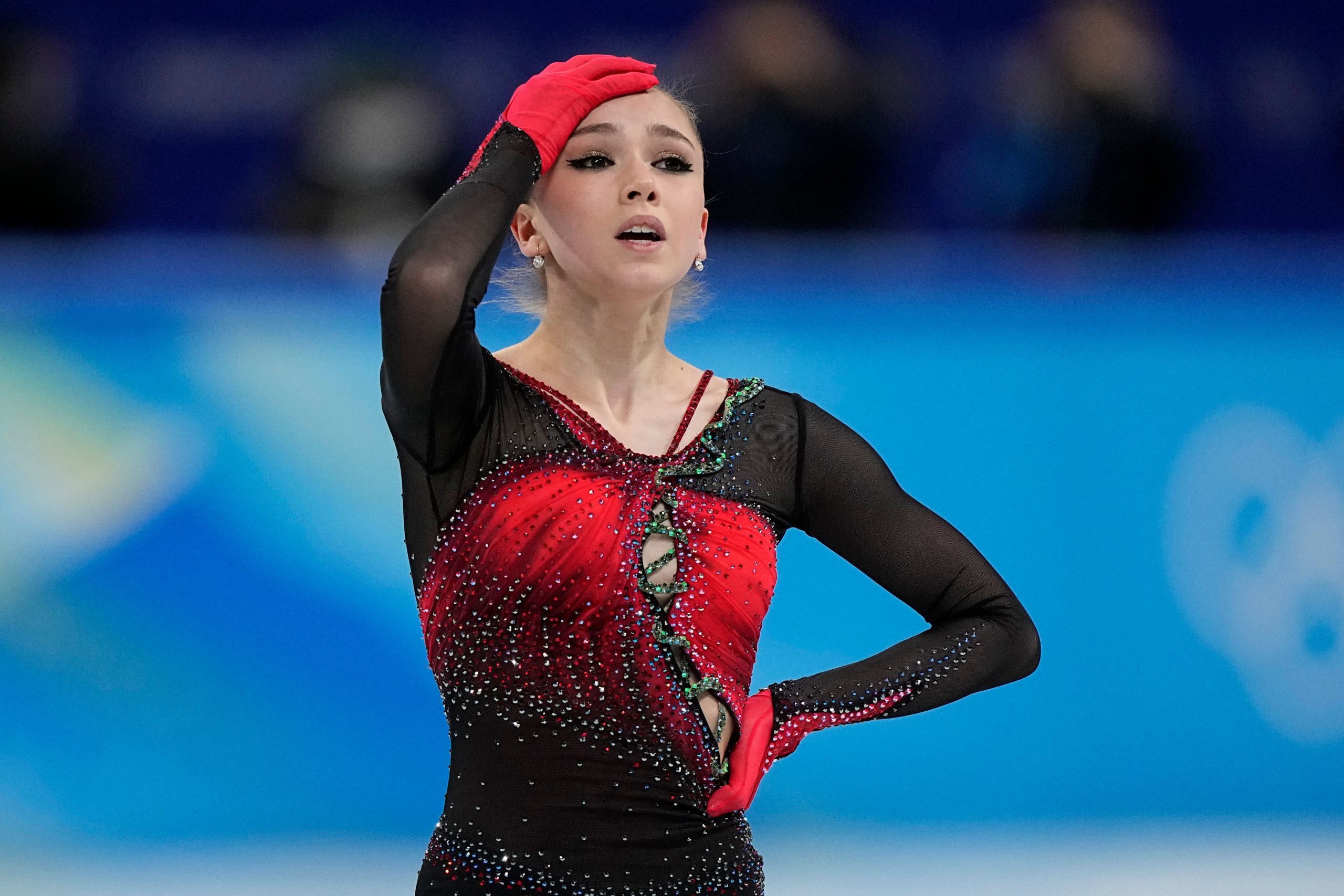Russian
star Kamila Valieva is at the centre of the biggest doping story of the Beijing
Games after Russian newspaper RBC reported that the figure skater tested
positive for a banned substance before the Olympics.
Also Read: Nathan Chen, Chloe Kim soar to Olympics gold medals on best day for US
Russian
athletes are competing as ROC, short for Russian Olympic Committee, at the
Beijing Olympics because the country was banned for operating a state-sponsored
doping scheme at the 2014 Sochi Games.
If
Valieva ends up being punished, she’d be one of the most famous Olympic
athletes ensnared in a doping scandal. Here are some others:
Also Read: In pics: Medals and victories of Day 5 of Beijing Olympics 2022
Ben Johnson (1998)
Probably
the most infamous drug scandal in Olympic history involved Canadian sprinter
Ben Johnson, marring one of the signature events of the Summer Games — the
100-metre dash. Johnson appeared to have won the race at the Seoul Games in
world record time, but he tested positive for an anabolic steroid and had his
gold medal taken away. It went to American rival Carl Lewis instead.
Juan
Antonio Samaranch, the president of the International Olympic Committee at the
time, said that penalties against Johnson and others were an indication that
“we have won the battle against doping.”
Also Read: Mexican skater Donovan Carrillo is a rare Latin American at Winter Olympics
Marion Jones (2000)
One
of the biggest American stars of the Sydney Games, Marion Jones won three gold
medals and two bronzes. In 2007, she admitted lying to federal agents about her
use of performance-enhancing drugs. She spent six months in jail and the IOC
stripped her of all five medals.
Johann Muehlegg (2002)
A
triple gold medalist at the Salt Lake City Games, Spanish cross-country skier
Johann Muehlegg lost all three of them after testing positive for darbepoetin,
which enhances endurance by stimulating the production of oxygen-carrying red
blood cells.
Also Read: Who is Lindsey Jacobellis, America’s first gold medallist at Winter Olympics?
Hans-Gunnar Liljenwall (1968)
Doping
control began at the Mexico City Olympics, and Liljenwall’s problem sounds
quaint compared to modern violations. The modern pentathlete from Sweden lost a
bronze medal for alcohol after drinking beer to calm his nerves before the
shooting competition.
Lance Armstrong (2000)
Lance
Armstrong’s bronze medal at the Sydney Games wasn’t a huge part of his legacy,
given all his Tour de France victories, but returning that medal was part of
the fallout from his performance-enhancing drug use. The IOC vacated the medal
he won in the road time trial.
Also Read: Beijing Olympics medal tally: Round-up of events and winners on Day 4, February 8
Andreea Raducan (2000)
Also
in Sydney, Andreea Raducan was the women’s all-around gymnastics champion when
the Romanian star tested positive for pseudoephedrine, which was contained in a
cold remedy she got from the team doctor.
“I
feel a great deal of sympathy for her because she has to suffer from a mistake
by her team doctor,” IOC President Thomas Bach said more than a decade later.
“Even more so because this happened at the age of 16, when as an athlete
you have absolute confidence in your medical team.”
Also Read: Eileen Gu happy Peng Shuai is healthy, but dodges questions on nationality
Nicklas Backstrom (2014)
Swedish
hockey star and longtime Washington Capitals forward Nicklas Backstrom also
tested positive for pseudoephedrine and had to miss the Olympic final in Sochi.
Sweden lost to Canada.
Backstrom,
who did receive his silver medal, eventually reached a settlement, dropping his
appeal against the IOC ruling that he committed a doping violation. He received
a reprimand and was cleared of any intention to cheat. He said the stimulant
was contained in a sinus medication he had been taking for allergies.
Also Read: Winter Olympics: Nathan Chen sets new world record in men’s singles figure skating
Ross Rebagliati (1998)
When
snowboarding debuted at the Olympics in Nagano, Ross Rebagliati had a win in
the giant slalom taken away because he tested positive — for marijuana. The
victory was reinstated because the sport’s governing body did not have a rule
banning the substance.
Therese Johaug (2018)
Johaug
missed the Pyeongchang Games four years ago after testing positive for a banned
substance and receiving an 18-month suspension. She blamed a team doctor who
mistakenly gave her lip balm that contained the substance.
Also Read: Winter Olympics: US-born Eileen Gu wins gold for China in freestyle big air
Johaug
is back at this year’s Olympics, and the Norwegian has already won two gold
medals in cross-country skiing.







